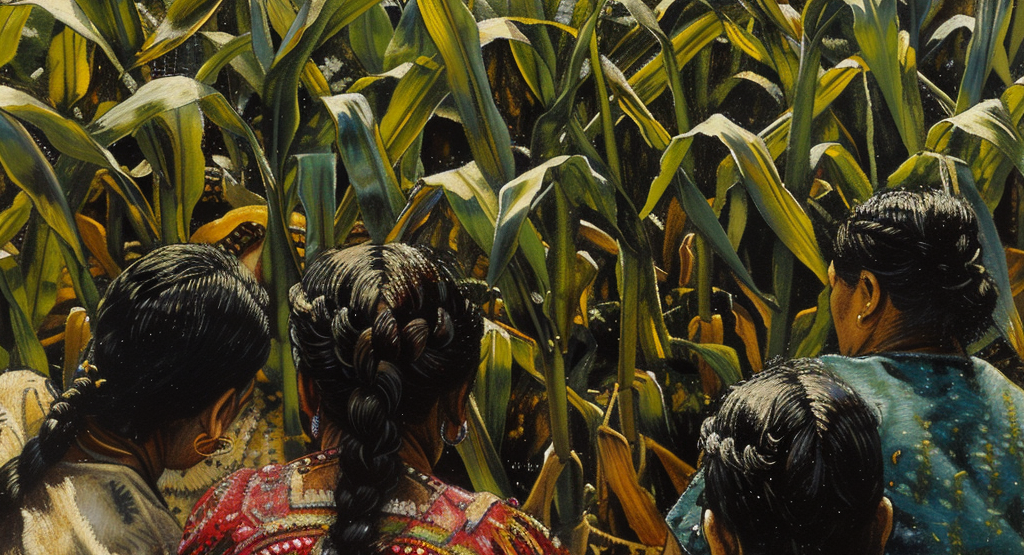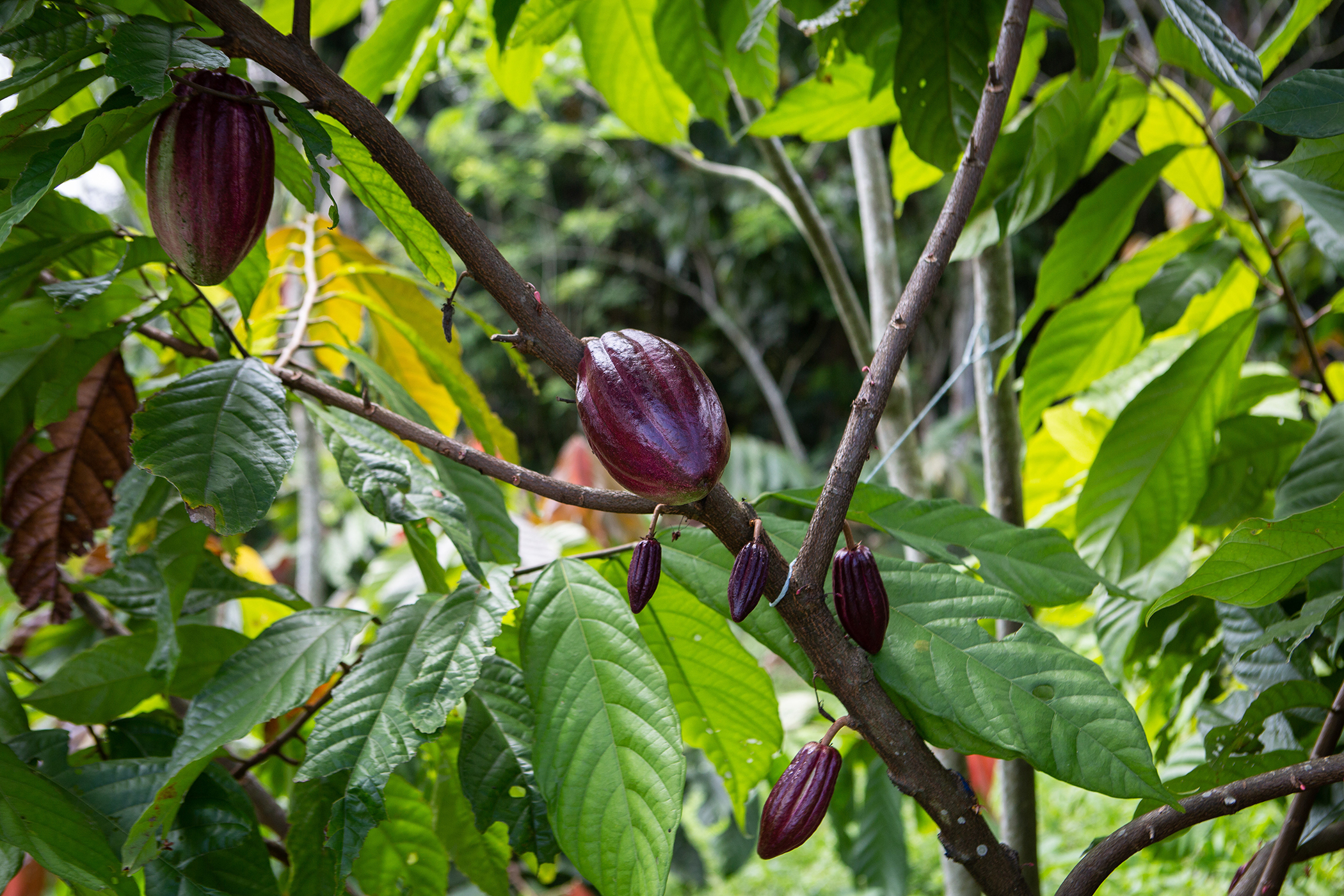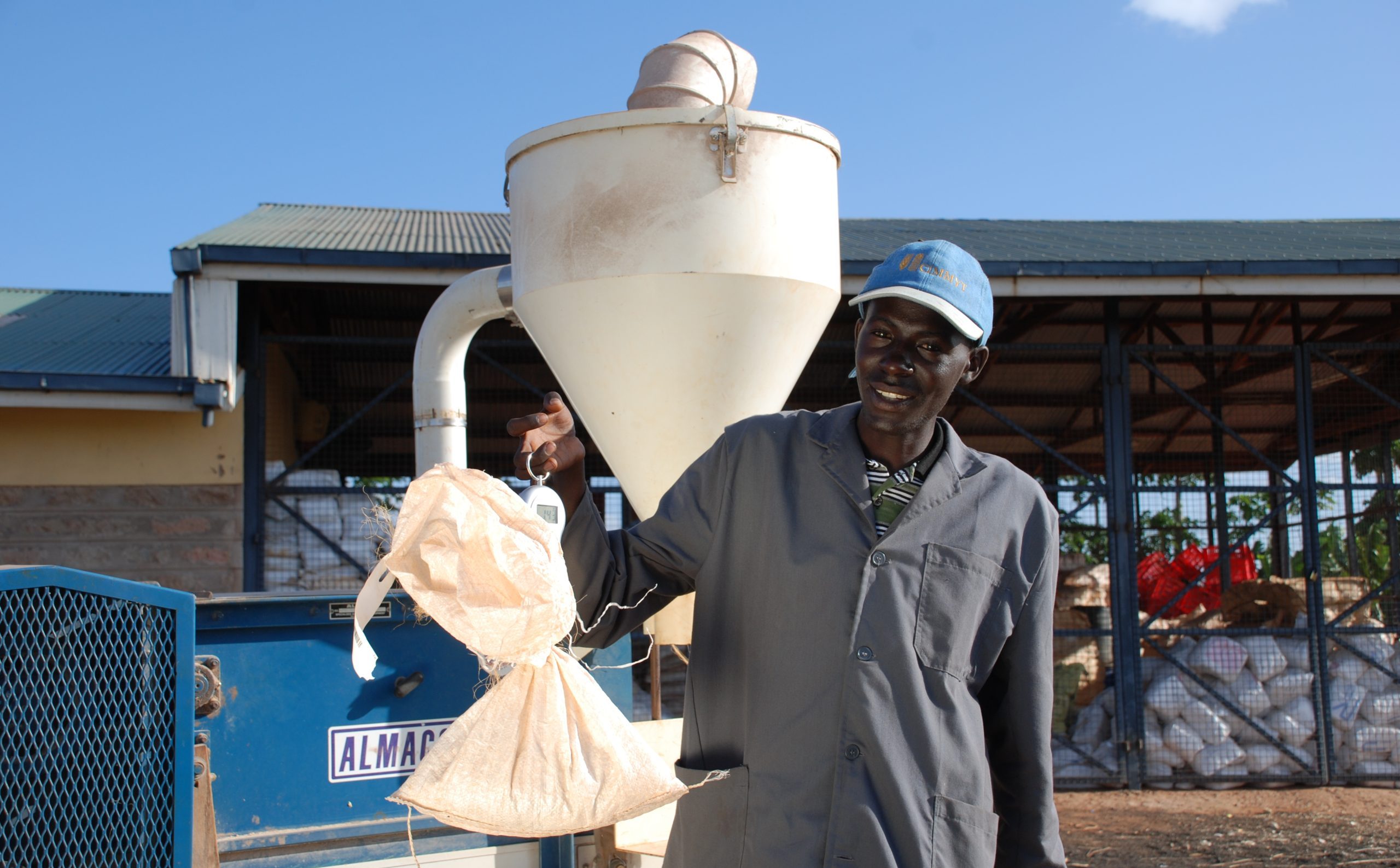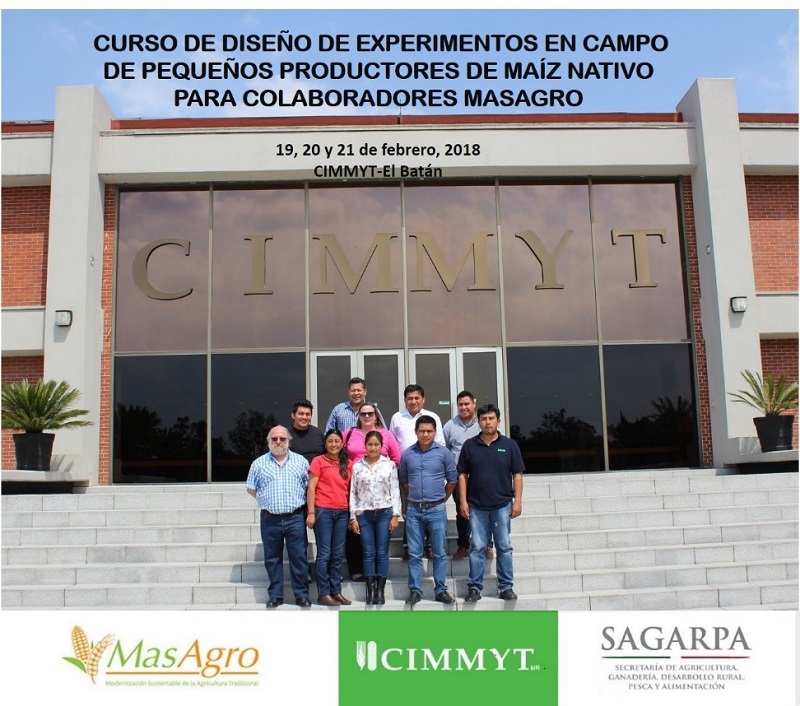
With its transversal focus on gender and social inclusion, CGIAR’s Latin American regional initiative AgriLac Resiliente shows how, through sustainable agriculture, women in the Latin American countryside are a fundamental piece to building resilient and inclusive food systems.
One of the most inspiring examples comes from the Tzotzil women’s group of Tzabaló, in Larráinzar, Chiapas, Mexico. These women have found in the Chiapas Hub a platform that has allowed them to contribute significantly to the development of their households and environments.
“We are a group of women who have worked in pig and chicken farming for some years now. In 2022, we started working with CIMMYT and DAI (Desarrollo Alternativo e Investigación AC). We liked it a lot because we see that they are interested in women. They give us the opportunity to learn which awakens our interest in working in the field because we want to help our husbands, but with knowledge,” they said.
According to their testimonies, the opportunity to train in sustainable agriculture has been transformative. Previously, their participation in agricultural activities was limited. Now, with new knowledge acquired, they are producing healthy and nutritious food.
“If we just stay at home, we don’t do much, but when we go out to the countryside, we feel free, we clear ourselves of so many tasks around the house, and we bring tender beans and fresh vegetables. Now we can produce our food free of toxins and store our maize in airtight containers without chemicals,” they pointed out.
The experience has given them not only autonomy in making decisions about their food but also a sense of freedom and purpose when working in the field where the power of group work has also been a major factor in their success.
“It is always better to work in a group than individually, but it is necessary to find a good manager or leader to guide you and teach you how to work. As a group, we have obtained knowledge that we share among ourselves, we learned to prune fruit trees, we no longer burn stubble to recycle nutrients, there is more production and the product is bigger, and we also expect good fruit production.”

However, the path has not been without challenges. The community faces a sociopolitical context that makes collaboration between groups difficult, although these women persist and demonstrate with their achievements that female participation in agriculture is fundamental for community development.
“What we do, people see it badly and ask us why we go to the countryside to learn something that is not for us, that we leave because we don’t have chores at home, but we don’t get discouraged. When they see the results of the work, they ask us how we did it, and we tell them what we learned by not staying alone at home, and we invite them to join the group,” they mentioned, emphasizing that if you are in the group, it does not matter what political group you belong to because the only thing that matters is knowledge and the desire to improve oneself.
Their courage and determination have not only transformed their own lives but is also inspiring other women to join and follow this path of empowerment through sustainable agriculture.
These success stories are proof of the positive impact that the inclusion of women in the field can have. Their voice and experience are fundamental to building more resilient and sustainable food systems, where gender equity and the active participation of all actors are pillars for a prosperous future in rural areas of Latin America.

 Capacity development
Capacity development 
